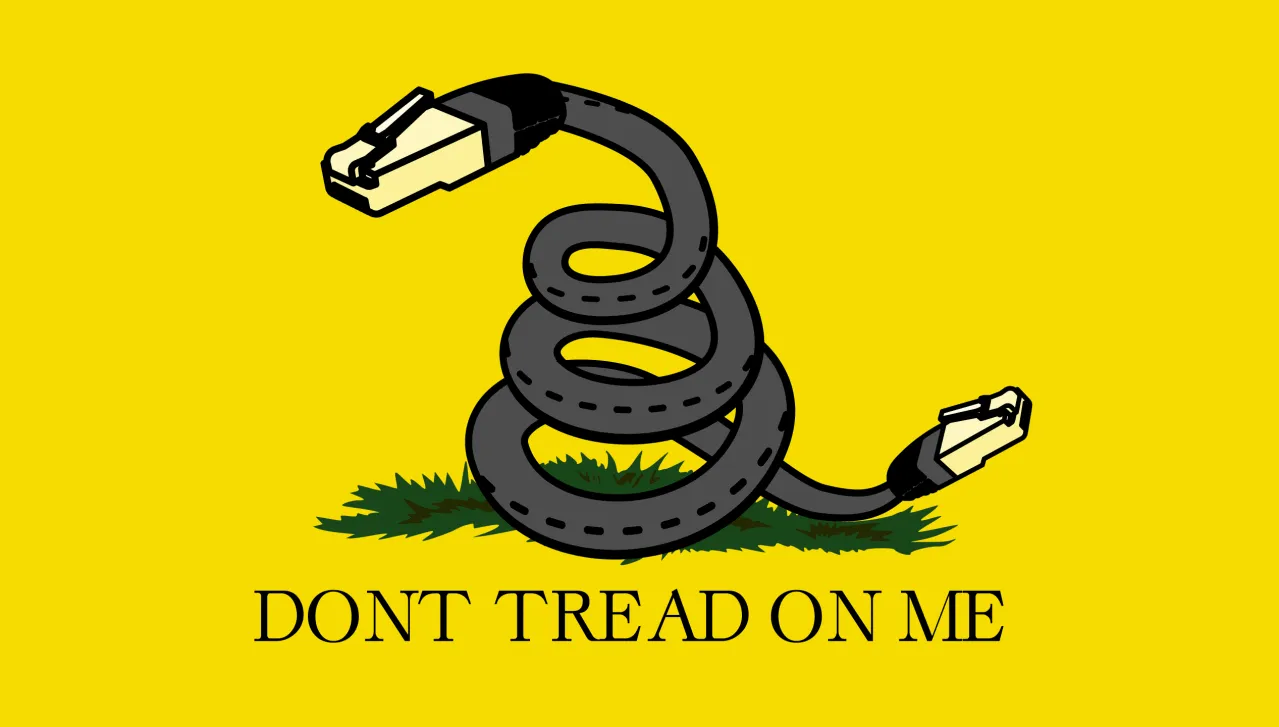
Internet service providers can act and charge differently, depending on many factors. At first glance, that might sound unfair. A part of Net Neutrality promises to force "equality" by turning ISPs into a public utility with oversight from the FCC. And we know that FCC commissioners are all angels who would never take bribes, never have friends or family in the telcom industry, and they certainly do not fart, burp, or have mere human biases.
How will Net Neutrality save us from all the greedy non-angels out there?
By forcing the same speed and cost for whatever size or type of data being sent. Ooh a wonderfully simple answer that at first sounds fair and practical! So does socialism. (https://steemit.com/voluntaryism/@scottermonkey/the-beautiful-and-seductive-goals-of-socialism)... Until you look deeper. Basic economics dictates that more regulation means the Internet services we want will become equally expensive, not equally cheap. What? How?
Let's try logic and reason
Think of it like this. Right now it is cheaper to ship a letter than a bowling ball through UPS, FedEx, and USPS. Logical, right? It takes more fuel and effort to ship the bowling ball. But if the government stepped in and forced shippers to charge the same amount to ship either, do you think shipping light-weight items like letters would stay cheap like they are now?
I heard competition is a good thing
Do you want your Internet access provided by one of multiple competing independent companies where some will try to screw you and some won't and you have the choice to move to another provider? Where less regulation means it's easier for smaller, new, nimble companies to enter the playing field and challenge the big, established companies?
99% of monopolies are created by government
Or do you prefer your Internet providers be tightly controlled by one big monopoly (Federal Government/FCC) who is sure to screw you when their "political donors" want rules written in their favor because the Federal Communication Commission is vulnerable to regulatory capture (https://www.clearsay.net/why-is-regulatory-capture-important.asp) from the players with the most money? This part if important! Maybe key to the whole debate:
"Hey Mister FCC Official. Here's that set of regulations we promised to write for you to regulate our industry. Oh and here is that donation to your favorite cause, as promised."
How about censorship?
Yeah it would suck if Verizon or Comcast decided to censor your speech, posts, or your favorite show, "Married to a Crack-Addicted Chimpanzee." Without Net Neutering, you can choose to jump to some other provider who doesn't care about your depravities. But with Net Neutrality, you are at the mercy of one entity, the FCC. What this leads to is higher prices, lower quality, and less choice.
Do you want a future where you need to be sure what you share on your YouTube channel is government approved? It's bad enough with YouTube's owner, Google/Alphabet, de-monetizing videos promoting political beliefs they don't agree with or topics they are uncomfortable addressing.
Three important points
- Some are missing the point that technology is not only in a state of constant change and growth, but the pace of that change is increasing, too. One of the first actions of the FCC in 1934 was to hand AT&T a monopoly on all phone service. Their reasoning included a plea for efficiency; if you allow any company to provide phone service, you could have a wasteful amount of wires going into every home. This kind of thinking held back innovation. How long did it take for wireless to get to where it is now? Without competition, technological innovation slows to a crawl. It is competition which will spur the innovations necessary to drastically increase available bandwidth, lower prices, and advance Internet technology.
- Privacy. The NSA/CIA spying will only get worse as the Internet becomes a "public utility", to which the government can force surveillance systems to be put in place with even more ease. Things like an IP registry that requires IPs to be directly connected to a physical address. Things like direct access to data packets on some nebulous "probable cause" or "national security" claim, etc. Before NN, private companies could not be mandated to play policeman (with the exception of National Security Letters like Google, Apple, Facebook, et. al., received) for the government, but now that will get easier for our government.
- AT&T, Verizon, Comcast, Time Warner, Google, Facebook, Netflix, Amazon, Godaddy, and many other big companies that can afford to bribe- I mean lobby- politicians, WANT net neutrality because it gives government more power over how you access the Internet. The big problem with this is that the regulators get "captured" by the corporations they want to regulate. See https://www.clearsay.net/regulatory-capture.asp.
The slow boil
The FCC may not exert all the power available to them right away when they are being watched so closely, but they will eventually. The government, as do most (all?) entities, loves exerting the power given to it, and Net Neutrality gives them a lot of power.
Let competition and innovation work
FYI, I'm in no way rooting for any of the big telcoms. I had Time Warner Internet at home for years and felt dissatisfied. Verizon, AT&T, and Comcast are no better. I would throw them under the bus in a second. What I am rooting for are innovations like Google Fiber, +Project Loon, Internet.org, Elon Musk's low-earth satellite internet, and Artemis's pCell. These innovations and others have the potential to significantly increase the number of options for ISPs.
Summary
Regulations like Net Neutrality make those solutions more expensive and more difficult to implement, while ensuring the established monopolies remain in place. Ultimately, innovation, not regulation, is the means of obtaining net neutrality. I think it's extremely disappointing, ironic, and disturbing that of all places, the Internet is the one place that I find the strongest opposition to that idea.
An old but accurate take on the issue by Stefan Molyneux:

Part one (older version from me) here: https://steemit.com/internet/@scottermonkey/net-neutrality-simplified